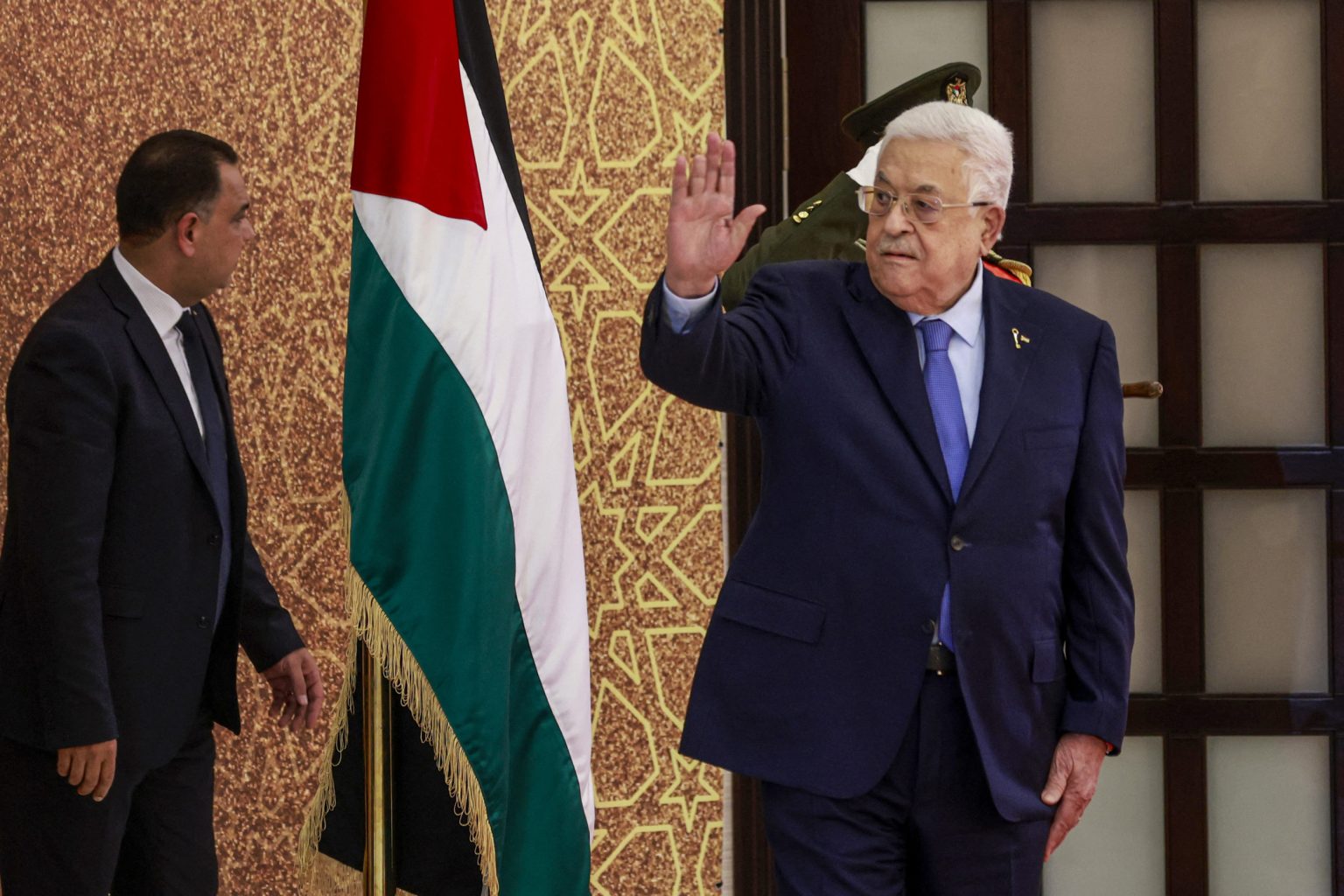After six months of war between Israel and Hamas, questions linger over the fate of the Gaza Strip and the leadership of the Palestinian people. Hamas, committed to destroying Israel, holds a lead in opinion polls, while their main rival, Fatah, is struggling with a legitimacy crisis. Individuals like Marwan Barghouti and Ismail Haniyeh have some following, but the current PA president, Mahmoud Abbas, has support in the single digits, with many Palestinians wanting him to resign. The conflict has only deepened the PA’s legitimacy deficit.
As the fighting continues, the question arises of who will rule Gaza once the conflict ends. The U.S. wants the PA to take charge, while Israel considers imposing military rule. However, neither of these options would provide political representation for Palestinians. A revived, democratic PLO led by a unifying force could be the key to effectively leading the Palestinians towards obtaining their rights. The PLO breakthrough under Yasser Arafat led to hope for two states co-existing, but talks on statehood stagnated and a new uprising erupted, leading to Hamas gaining power.
Despite the destruction in Gaza, polls show that the war has not undermined the leadership claim of Hamas, while Abbas’s standing has been further discredited. The events of October 7 highlighted Abbas’s inability to protect Palestinians and provide solutions, leading to calls for a new national leadership formed by consensus of Palestinian factions. The PA has yet to name a clear successor to Abbas, with men like Marwan Barghouti topping polls, despite being imprisoned since 2002. With challenges facing the PA in Gaza, some are considering an International Transitional Authority with a UN mandate to reconstitute a failed state.
Given the challenges facing the PA and the leadership crisis among Palestinians, thoughts of an International Transitional Authority with a UN mandate have emerged as a potential solution. This approach, used successfully in places like East Timor and Kosovo, could be a way to navigate the current crisis in Gaza. While it remains unclear whether this idea would appeal to those involved, the opportunity for change and new leadership is seen as crucial in the aftermath of the war. Overall, there is a need for innovative solutions and a change in leadership to move towards a resolution in the Israeli-Palestinian conflict.


